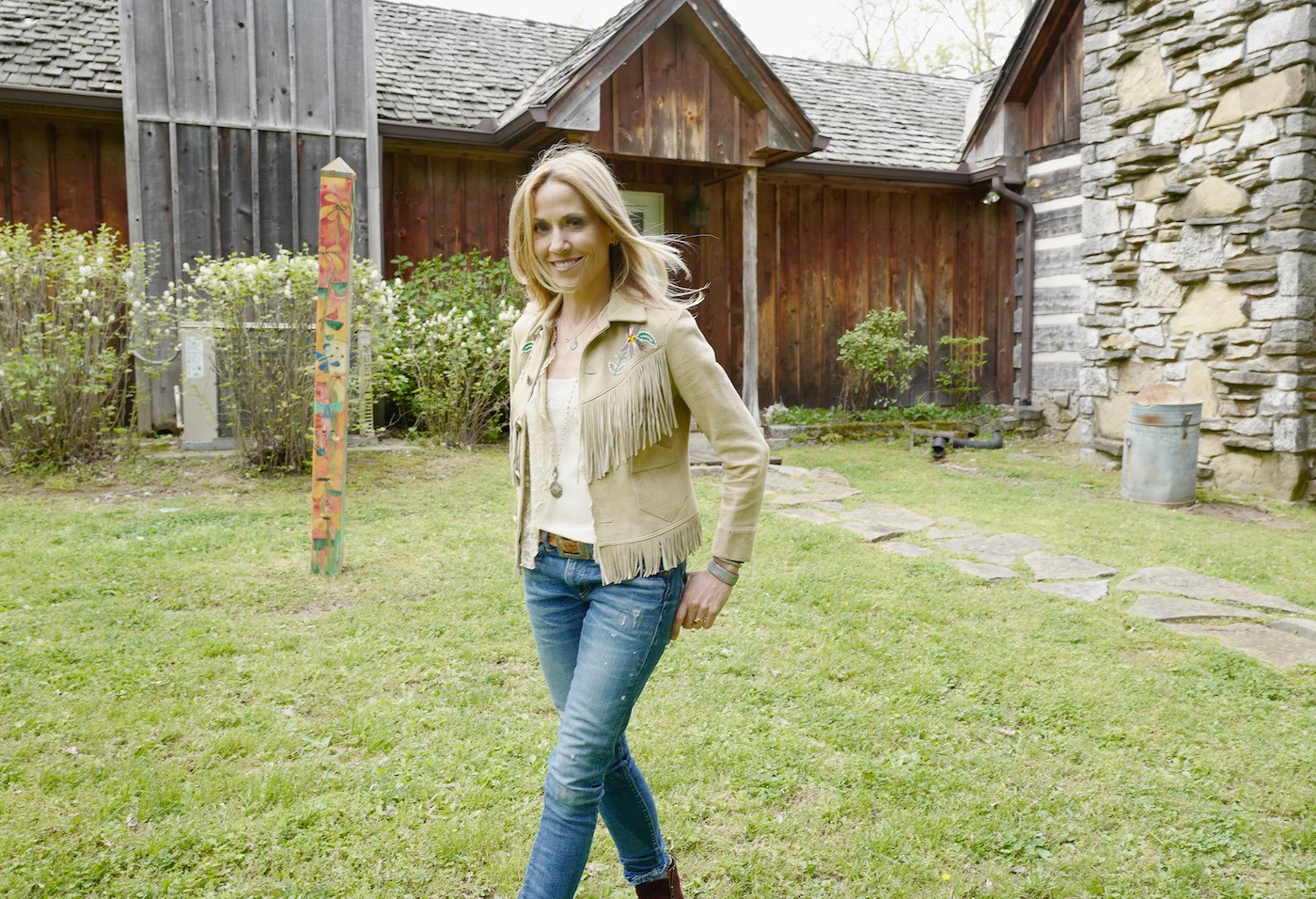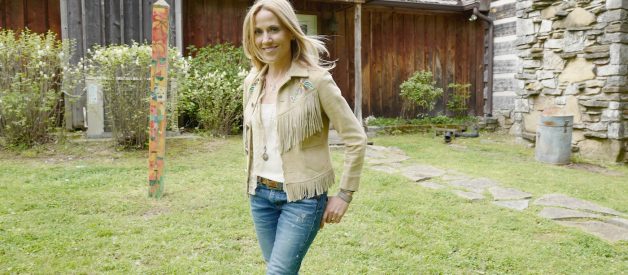?You can?t take care of everyone?s emotions?
 Sheryl Crow wants more women to get mammograms. Photo: Getty Images
Sheryl Crow wants more women to get mammograms. Photo: Getty Images
 Sheryl Crow is an iconic rock star, incredible friend (I know this from personal experience!), amazing mother ? and a breast cancer survivor. The ?Threads? musician was diagnosed 13 years ago, after dragging herself to a mammogram appointment she dreaded? and even considered skipping. Now, Sheryl considers herself to be a ?poster child for early detection,? and is speaking out in the hopes of encouraging other women to #MamUp.
Sheryl Crow is an iconic rock star, incredible friend (I know this from personal experience!), amazing mother ? and a breast cancer survivor. The ?Threads? musician was diagnosed 13 years ago, after dragging herself to a mammogram appointment she dreaded? and even considered skipping. Now, Sheryl considers herself to be a ?poster child for early detection,? and is speaking out in the hopes of encouraging other women to #MamUp.
Here are the lessons that Sheryl learned from her experience with the disease, her best advice for people newly-diagnosed, and why she thinks every month (not just October) should be Breast Cancer Awareness Month.
Katie Couric: Sheryl, you?ve been so open about your experience with breast cancer. Before your diagnosis 13 years ago, how would you describe your health? How did you first discover that something might be amiss?
Sheryl Crow: In 2006, I was 44 years old. I had a scheduled yearly mammogram appointment coming up and like every woman, I dreaded it and wanted to put it off. I was busy ? plus it was Grammy week and I just didn?t want to deal with it. I was healthy, fit, and had no family history. I was the last person I would imagine would have a life-threatening illness. I kept the appointment and to my shock, from a routine 2D mammogram, I was diagnosed with estrogen-positive invasive cancer.
You?ve spoken out about the importance of mammograms. What would you say to a woman who hasn?t had one yet, or who doesn?t undergo this scan regularly?
My message is one of empowerment. I am practically the poster child for early detection. We do not have a cure, so until we do, early detection is our best weapon. And early detection saves lives.
We are all busy but the hour it takes to get a breast exam could mean the difference in a less intense treatment, like I had, or in needing chemo? or even worse, being given a more dire prognosis.
What are some of the biggest things you learned about yourself through your experience with breast cancer?
As women, we are often caretakers. We take care of our families, we work, we keep our homes and families going, and we tend to put ourselves at the bottom of the long list of people we take care of. It was my challenge to learn to say no, to listen to myself and to put myself first. I think of it every time I am on an airplane and the flight attendant tells me to put on my oxygen mask before I put it on my children. Very metaphorical for life!
Gilda Radner famously said, ?Having cancer gave me membership in an elite club I?d rather not belong to.? Did you also find yourself connecting with other patients and survivors?
Yes, I am also in a club of strong women who find each other and share their stories in Starbucks, in airports, in grocery stores, wherever we are. And invariably, I hear similar stories of ?the lesson that comes with cancer diagnosis and survivorship? ? that life is different, more joyful, and more about redefining ourselves for the better after cancer.
What advice would you give to someone who is newly diagnosed with the disease?
On my first day of radiation, I was told by my radiologist that after you are diagnosed, you feel overwhelmed and out-of-body. This was definitely true for me. She recommended that I do the little things that made me feel I was still in my life.
When you are diagnosed, everyone around you experiences the diagnosis, as well? friends, family, employees. It brings mortality front and center. It also creates a lot of fear for everyone: ?Am I next? Could it happen to me??
One thing I recommend is that you cannot make everyone comfortable with your diagnosis. You can?t take care of everyone?s emotions. While people will want to be there with meals and visits and doing lots for you, it will be your challenge to ask for the space you need ? and to ask when you need help with the mundane things in life. It will prove to be an opportunity for everyone to learn and grow and to understand how to be there for you in authentic ways.
And lastly, it?s Breast Cancer Awareness month. What message do you hope to share with people about breast cancer, and what does this month mean to you?
To me, every month is Breast Cancer Awareness Month! If you are over 40, get your yearly mammogram. It?s an hour of your life? it?s maybe ten minutes of discomfort. Technology is improving and now we have the Genius3D technology, as opposed to the 2D exam that I had. It can detect cancer far earlier in women like me with dense breasts. That is the good news!!
No excuses ladies? ?Time to ?mam up!!? #mamup
This originally appeared in Katie Couric?s October 8, 2019 Wake-Up Call newsletter. Subscribe here.


